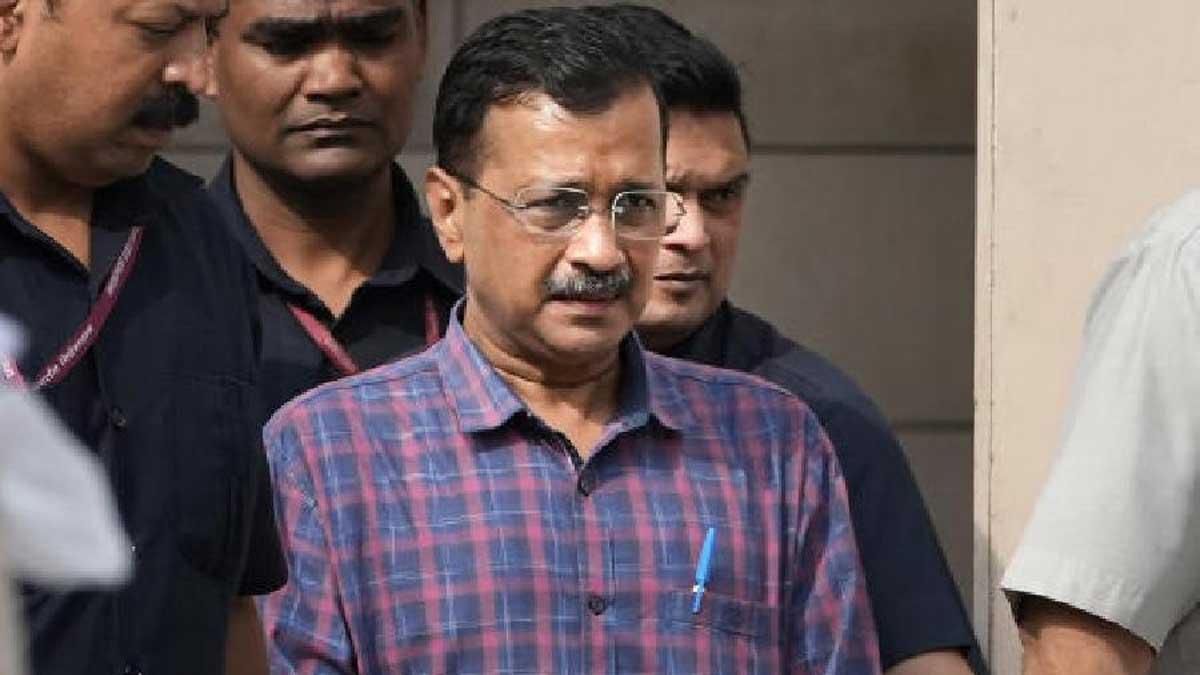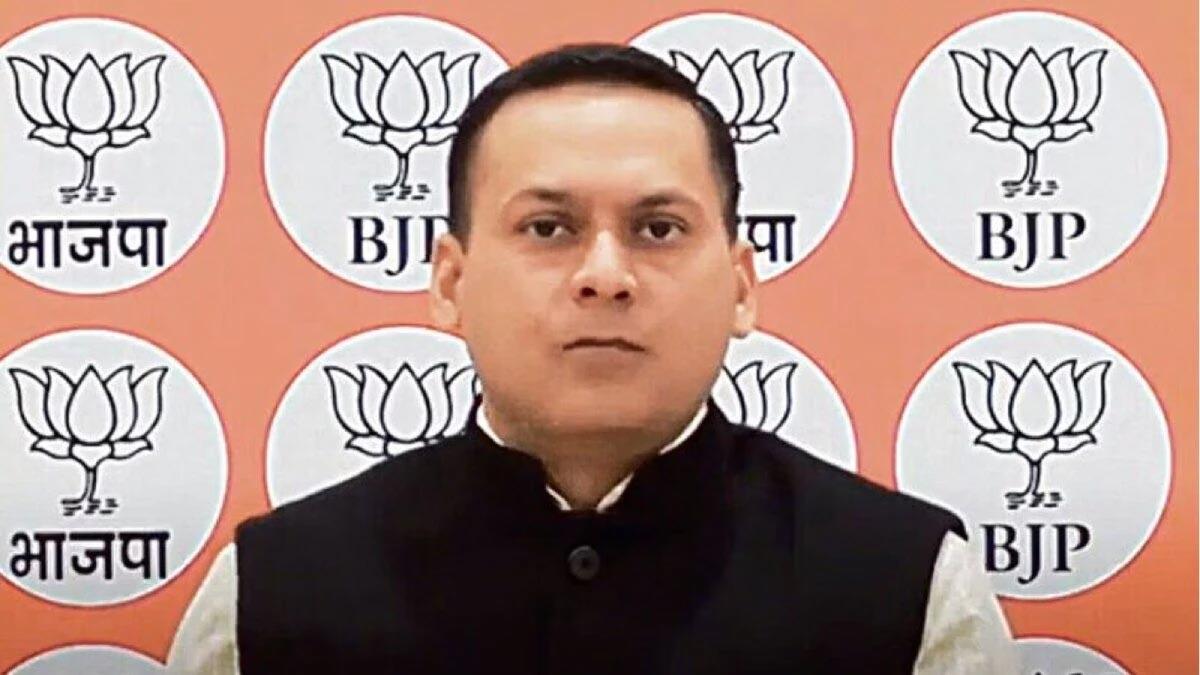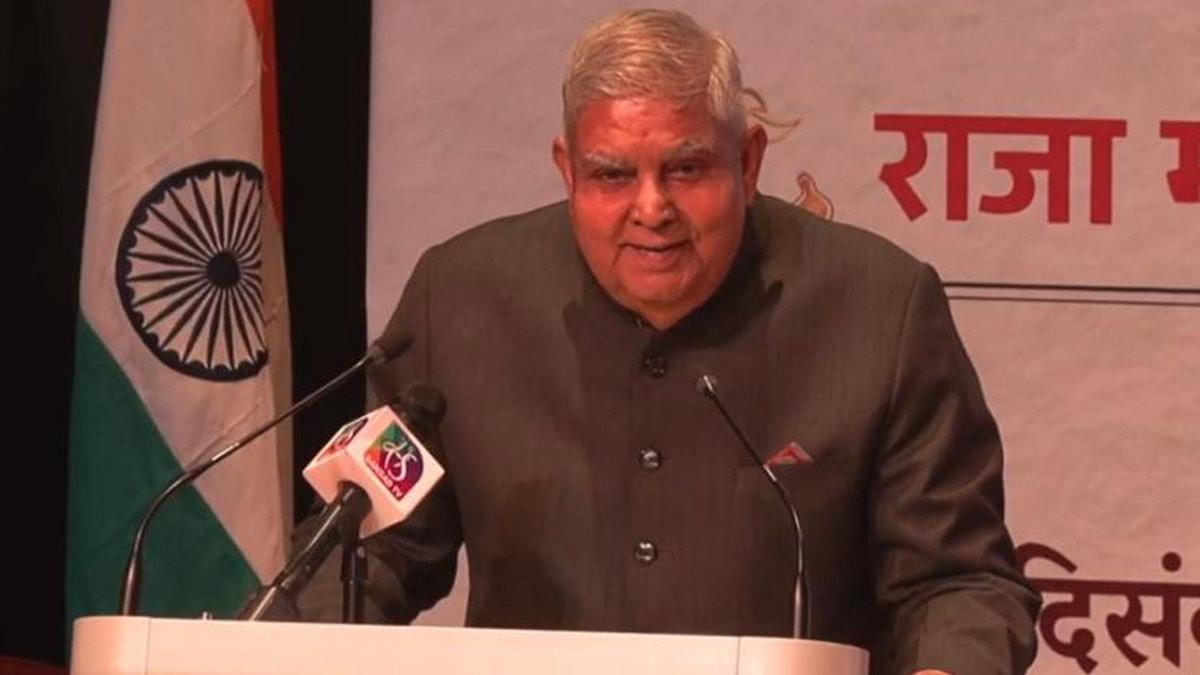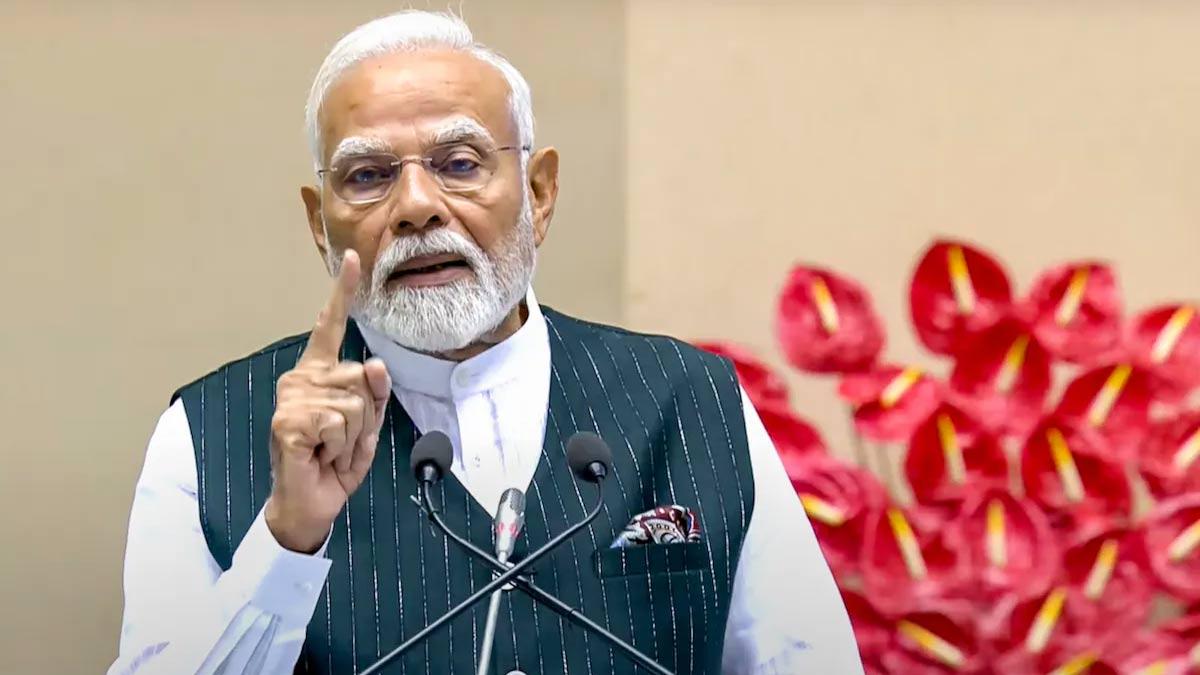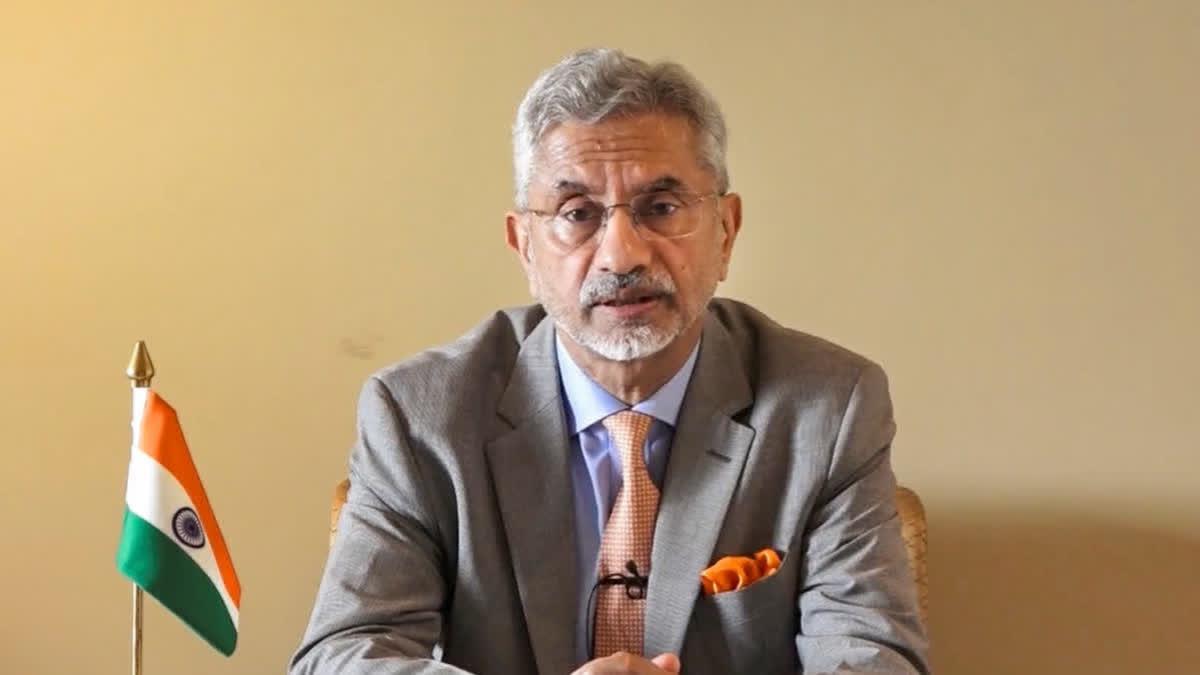The Enforcement Directorate (ED) asserted before the Delhi High Court that Chief Minister Arvind Kejriwal, detained in connection with a money laundering case linked to an alleged excise scam, cannot seek "immunity" from arrest merely because of impending elections, as the law applies equally to him as it does to any ordinary citizen.
The national convener of AAP, presently under judicial custody, raised concerns about the "timing" of his arrest by the agency, alleging that it contravenes fundamental constitutional principles such as democracy, free and fair elections, and ensuring a level playing field. His legal team argued that the arrest was orchestrated based on unverified statements of co-accused turned approvers, likening it to a "fixed match".
Justice Swarana Kanta Sharma reserved the verdict on Kejriwal's plea challenging his arrest and subsequent detention by the ED until March 28, following detailed arguments from both sides. The case revolves around allegations of corruption and money laundering related to the formulation and execution of Delhi government's excise policy for 2021-22, which was subsequently revoked.
In seeking Kejriwal's release, senior advocate Abhishek Singhvi contended that there was no urgency to arrest the AAP leader, especially considering that the ED had initiated its probe back in August 2022. Singhvi criticized the timing of the arrest, suggesting it was a strategic move to suppress exonerating evidence and unfairly prejudice the case against Kejriwal.
Responding to the allegations, Additional Solicitor General S V Raju, representing the ED, emphasized that the investigation commenced long before any election considerations arose. He defended the arrest as per legal procedures, highlighting witness statements and the prima facie evidence of money laundering established by the trial court.
Raju argued that the concept of immunity based on elections does not apply to criminal activities, stressing the importance of treating all citizens equally under the law. He dismissed claims of bias against the agency, asserting that the investigation was conducted impartially and in accordance with legal norms.
The ED further contended that Kejriwal's petition was effectively a disguised bail application, as he had previously consented to being remanded into ED custody by the trial court. The agency maintained that Kejriwal's involvement in the alleged excise scam, both as an individual and as the national convenor of AAP, warranted his arrest.
In response to the ED's claims, Kejriwal's legal team questioned the validity of the evidence presented, arguing that the allegations were unsubstantiated and politically motivated. They criticized the ED's reliance on statements from approvers and emphasized their client's right to a fair trial.
The court reserved its judgment on the matter, which will have significant implications for the ongoing legal proceedings against Kejriwal and the AAP.
Read also | ED Refers to CM Kejriwal's Consent to Custody in Delhi HC Counter-Affidavit
Read also | Identifying the Multifaceted Money Trails in ED's Response to Kejriwal's Plea

